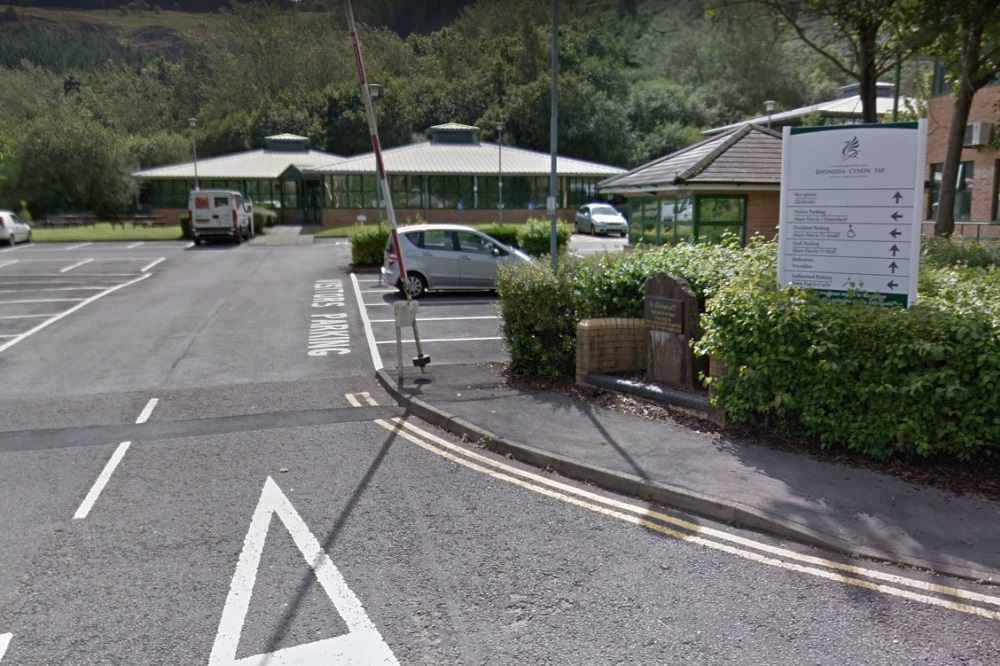Second homes tax premium could be introduced in Rhondda Cynon Taf

Anthony Lewis, Local Democracy Reporter
Rhondda Cynon Taf council is considering a council tax premium on long-term empty properties and second homes.
A report to cabinet on Monday, October 17, will recommend the council starts a consultation on using its powers to charge a higher rate of council tax for these properties.
The proposal is that a council tax premium of 50% is introduced for properties which have been empty for up to two years, increasing to 100% for those empty for more than five years.
A premium of 100% is proposed for second homes.
The charge for long-term empty properties would begin in April 2023 and for second homes in April 2024.
A long-term empty property is defined as one which is both unoccupied and substantially unfurnished for a continuous period of at least one year and a second home is defined as a property that is not a person’s sole or main residence and is substantially furnished.
It is estimated that the premiums could raise £1.9m for the council.
Housing Act
The local authority has powers available to it to charge council tax premiums through the Housing (Wales) Act 2014.
From April 2017, councils in Wales have been able to charge higher amounts of up to 100% on top of the standard rate of council tax on second homes and long-term empty properties.
From 2023, the regulations will be updated to allow councils to charge a maximum of 300% on top of the standard rate of council tax.
Recent analysis of council tax data shows that about 40% properties classed as long-term empty and 40% of those classed as second homes are owned by people who do not live in Rhondda Cynon Taf, the report said.
The report said there are still about 2,000 long-term empty properties in the county borough at any given time and 346 second homes, but this number has increased by more than 80% since April 2018.
The 0% discount for second homes has been unchanged since RCT Council was formed in 1996 but until April 2018, a long-term empty property would get a 50% council tax discount after which owners would have to pay full council tax bill.
The report said RCT’s Empty Homes Strategy (2017-2022) was developed in recognition of the high numbers of empty homes in the county borough, especially in the north, and the council’s commitment to addressing the problem.
It was also in appreciation of the continuing pressure to deliver affordable housing for residents of RCT, the report said.
Empty homes
Since the strategy has been implemented, the number of empty homes in RCT has reduced from 3,556 in April 2017 to 2,894 in April 2021 but a new strategy is being drawn up.
A recent analysis of empty homes in RCT showed that 905 homes have been empty for the last four years and the report said: “Whilst the council continues to target these empty homes and provide advice and assistance to the homeowners in order to support them to bring them back into use, it is recognised that additional measures are required to encourage homeowners not to leave these homes empty.”
The report highlighted that the recent draft local housing market assessment 2022-2037 identified an annual need for 255 new affordable homes.
It also showed there will be 6,208 new households during this period of which 1,951 will be unable to afford market housing costs.
New build developments alone will not sufficiently meet this demand which further reinforces the need to bring existing housing stock across RCT back into use, the report said.
Since the introduction of the 100% council tax charge for empty properties, the council has seen an increase in the number of requests for advice and assistance from both landlords and homeowners, to bring their properties back into use evidencing the positive impact this has had on the number of empty homes across RCT, the report said.
There are properties that are exceptions, including those being marketed for sale (limited for one year), those being marketed for let (limited for one year), annexes forming part of a main property, properties which would be someone’s main residence if they were not living in armed forces accommodation, occupied caravan pitches and boat moorings, seasonal homes where year-round occupation is not allowed and job-related properties.
The reasons given in the report for the introduction of these powers being available to councils is to help them “bring long-term empty homes back into use to provide safe, secure and affordable homes and support councils in increasing the supply of affordable housing and enhancing the sustainability of local communities”.
If agreed, a four-week consultation would take place.
Support our Nation today
For the price of a cup of coffee a month you can help us create an independent, not-for-profit, national news service for the people of Wales, by the people of Wales.





It shouldn’t matter if it’s furnished or not. This is just providing a loophole.
Part furnished means the property would contain the basics i.e. beds, sofa, table and chairs, wardrobes. Furnished would mean extra items like coffee tables, side tables, bookcases and other furniture items which full out a property.
They should!